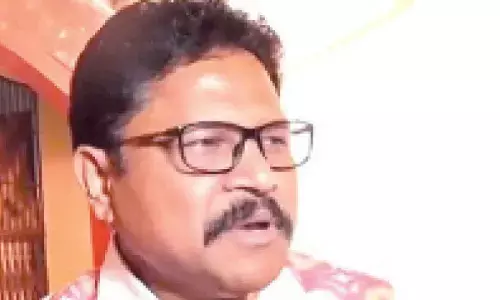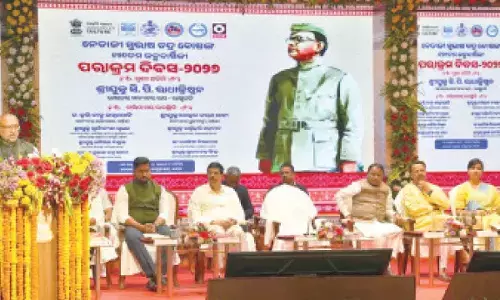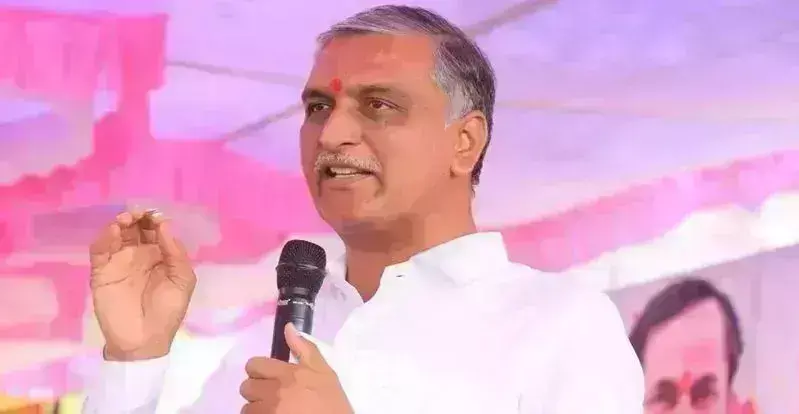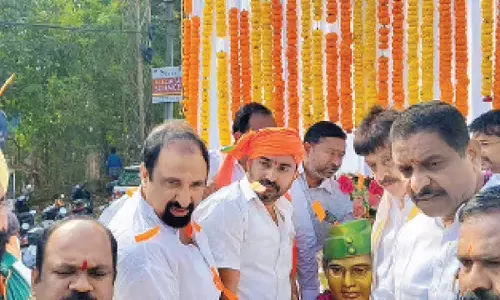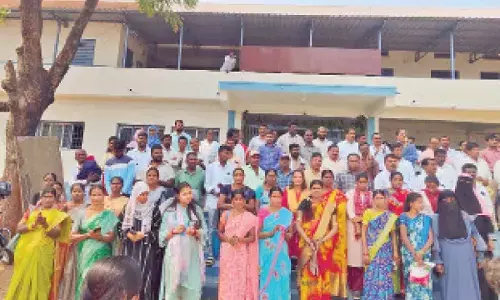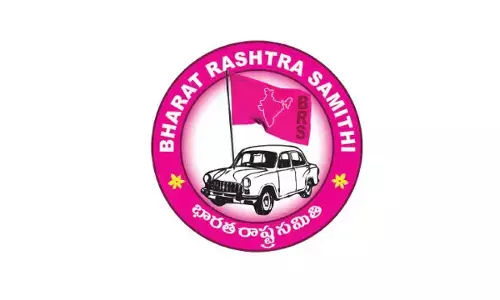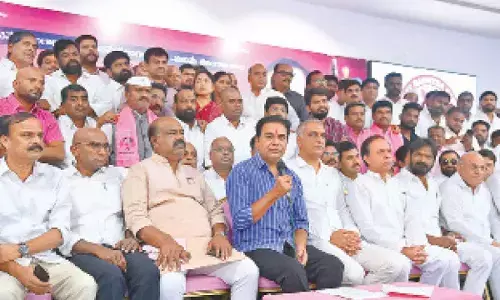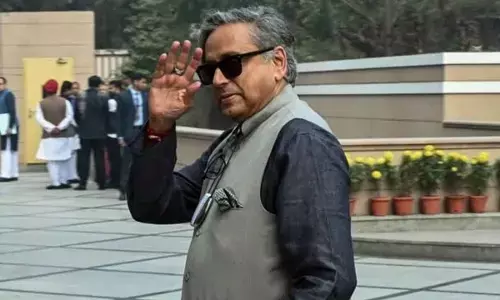Varsities may go into hands of bureaucrats
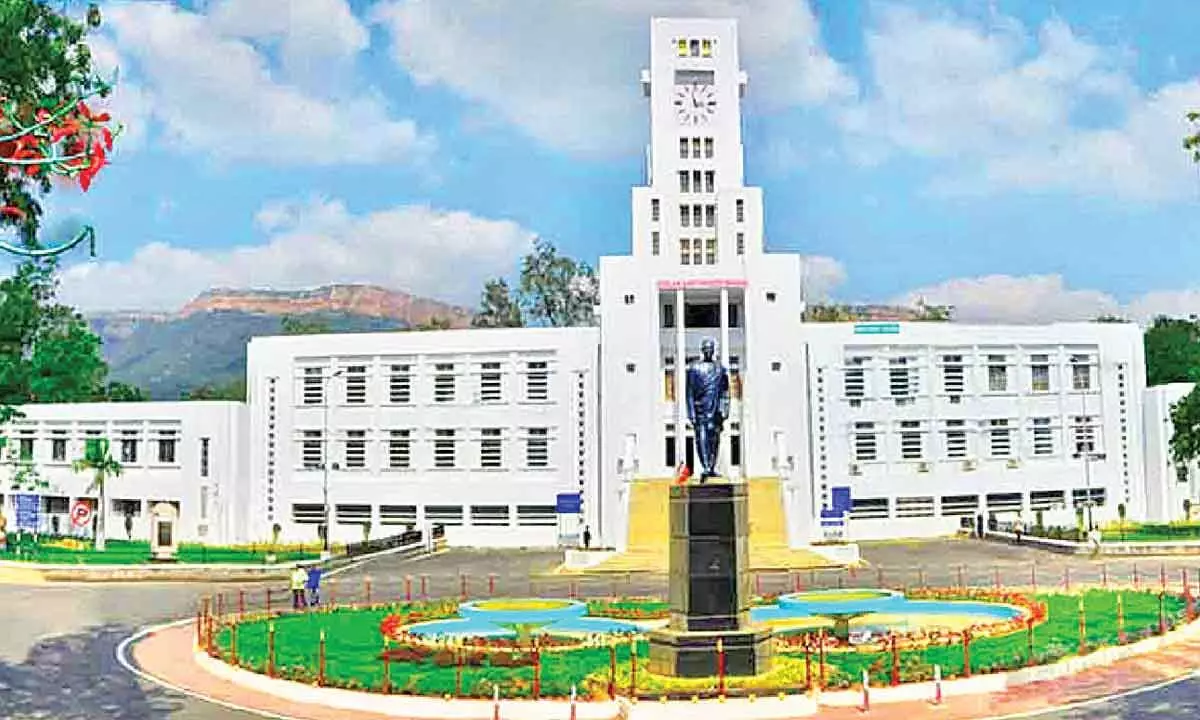
- With the resignations of V-Cs of the varsities, it becomes imminent to appoint in-charge V-Cs to look after urgent administrative works
- The process of appointing new V-Cs takes considerable time, govt is set to appoint IAS officers to head the varsities for at least next few months
- Yet, the administration and academic activities may be disturbed in the absence of regular V-Cs
Tirupati : The recent sudden exit of vice-chancellors (VCs) from several universities has significantly disrupted daily administration. Many registrar and rector positions also remain vacant, leaving these institutions without key academic or administrative heads. This situation is expected to persist for several months.
In the erstwhile Chittoor district alone, three V-Cs have resigned in the last two days, with more resignations anticipated. Following the departures of Prof V Srikanth Reddy and Prof K Madhu Jyothi from SV University and Dravidian University respectively, Prof Rani Sadasiva Murthy of the TTD-run SV Vedic University has also stepped down.
SV University and Dravidian University are currently managed by in-charge registrars, as their regular registrars have resigned. The rector of Dravidian University resigned following a change in government while the SV University rector post has been vacant for over a year.
To address the vacancies, the government must appoint three-member search committees for each university. These committees will submit a list of three candidates to the government, from which the Chancellor will appoint a new VC based on government recommendations. The AP State Council of Higher Education (APSCHE) needs to invite applications from eligible professors, a process that will take considerable time. Until then, universities will have to function without regular VCs.
In the interim, the government may appoint bureaucrats as V-Cs with full additional charge to handle urgent administrative tasks. In turn, they may appoint Registrars to monitor day to day administration. However, these interim appointees may struggle to manage day-to-day activities effectively. Teaching faculty require various approvals for their projects and research activities. VCs are responsible for selecting examiners for PhD viva-voce examinations and are the competent authorities to fix PhD thesis evaluation panels. These duties will be severely delayed or hampered in the absence of regular VCs.
The government is also looking to expedite the recruitment process for faculty. University administrations must prepare roster charts and provide other information to the government before recruitment notifications can be released.
Further, V-Cs play a crucial role in promoting research by initiating collaborations with funding agencies and institutions. Universities are sensitive environments where student activities require close monitoring.
A senior professor commented that higher education institutions are already under scrutiny for excessive political involvement and deteriorating academic standards. These developments will further erode the higher education system. Another professor noted that in the past, V-Cs continued in office regardless of government changes, as they were appointed for three-year terms.
The practice of forced resignations began with the previous government and has continued with the current one, leading to a retaliatory cycle. If this trend persists, it may deter potential VCs from accepting positions during the last one or two years of any government.
Meanwhile, Sri Padmavati Mahila Visvavidyalayam (SPMVV) VC Prof D Bharathi told The Hans India that she will resign on Monday. Currently, she is in Kolkata attending NAAC work and will return to the campus on Monday. It was also learnt that Registrar Prof N Rajini may also be relieved from her duties on Monday while the post of Rector was vacant for long.








